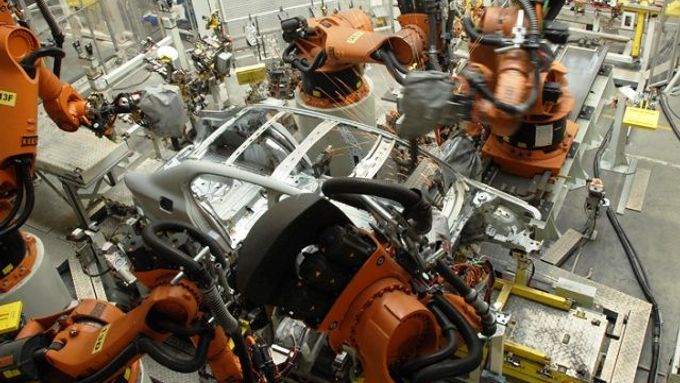Prague - If they had a second chance, thirty percent of German investors in the Czech Republic would choose a different country to expand their business to. Last year, the proportion was only 20 percent.
This is the result of a survey conducted by the Czech-German Chamber of Commerce and Industry. Its board member Bernard Bauer explained in an interview with Aktualne.cz that German investors are above all unhappy with the lack of legal security and insufficient transparency of public tenders.
Corruption: Czech economy's hidden and growing problem
German investors fed up with Czech business "jungle"
"German investors are still very satisfied in the Czech Republic, they are active here more than in any other country of the region. The volume of trade between the Federal Republic of Germany and the Czech Republic has reached more than EUR 55bil. But according to our surveys, there are nonetheless some risks that threaten the Czech Republic's attractiveness for German investments," said Bauer.
He added that especially Slovakia is getting increasingly interesting for German entrepreneurs.
Czech firms losing their position in German market
Pulled by German boom: 2010 in Czech economy
Corruption is probably the most common concern of German investors, used to a healthier business environment.
"Our surveys indicate that the non-transparency of public tenders in the Czech Republic is a great problem for German companies investing here. Many entrepreneurs consider this the biggest flaw of the Czech entrepreneurial space," said Bauer.
"For many years, German entrepreneurs have been pointing out the problem of insufficient legal protection. Lawsuits are excessively long, and it's hard to predict the verdicts," complained Bauer.
In addition to insufficient legal certainty and lack of transparency in public tenders, German firms see other issues as well.
Dual education - a way to go?
According to Bauer, another problem is an emerging lack of young qualified workers. "Recently, we have been noting an insufficient connection between the education process and practical training," said Bauer, adding that traditional technical professions and crafts are losing to high-school leaving exams and university diplomas.
"Does the Czech Republic really need thirty public universities, when Bavaria -- one of the economically most successful regions in the world with a similar number of inhabitants -- has only ten? New products in fields of modern technology have to be not only developed, but also produced. And you need to have a qualified workforce for that," explained Bauer.
Bauer stressed the necessity to combine theoretical knowledge acquired in high schools and universities with practical experience.
"Germany has the lowest unemployment of young people in Europe because it has had the dual education system for a long time," said Bauer.
The "dual system" refers to the practice of students attending vocational schools and at the same time having apprenticeships in private companies. After graduating, they start to work in the company where they trained.
"However, a political support from above is needed to offer this model in the Czech Republic," said Bauer.
In addition, Bauer mentioned that German firms would like to know the expected date of the adoption of the euro.
